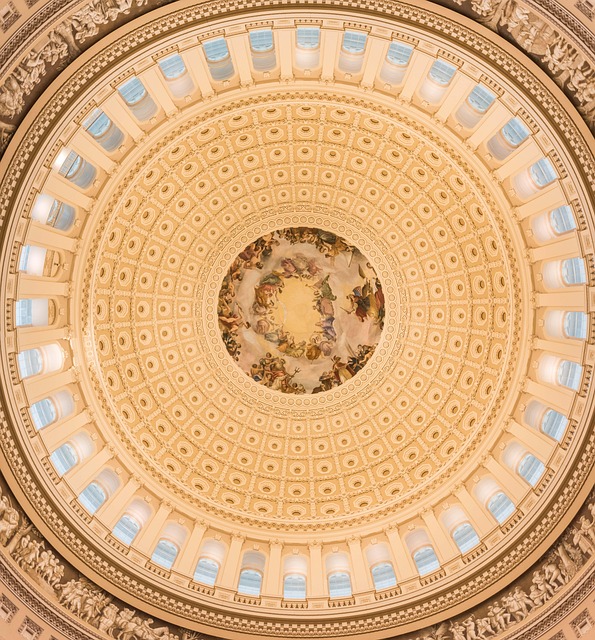In Washington D.C., both federal (FDCPA) and state laws protect individuals from unfair debt collection practices. A Debt Collector Attorney DC ensures these protections are adhered to, guides clients if violated, and offers legal action against abusive tactics. They navigate the intricate legal terrain, document interactions, gather evidence, and empower clients with knowledge to defend against harassment while upholding their rights.
In the bustling landscape of Washington D.C., navigating debt collection issues can be a challenging labyrinth. Understanding your rights as a debtor is crucial, especially with potential abuses lurking in the shadows. This article delves into the legal protections available to residents, highlighting the significant role a debt collector attorney in DC plays in ensuring fairness. We’ll guide you through steps to take if faced with harassment, equipping you with knowledge and tools to protect your financial well-being.
Understanding Your Rights as a Debtor in DC

In the District of Columbia, both state and federal laws protect individuals from abusive debt collection practices. As a debtor in DC, you have specific rights that must be respected by debt collectors. Knowing these rights is essential to ensuring fair treatment throughout the debt collection process. A debt collector Attorney DC can help explain these protections and guide you if any violations occur.
Understanding your legal rights empowers you to navigate the interaction with debt collectors confidently. Federal laws, such as the Fair Debt Collection Practices Act (FDCPA), dictate how debt collectors must conduct themselves, including restrictions on communication methods, frequency of contact, and disclosure requirements. Additionally, DC has its own Consumer Protection Law, which further reinforces your rights and provides avenues for legal recourse against abusive debt collection tactics.
Legal Protections Against Debt Collection Abuses

In Washington D.C., individuals facing debt collection have several legal protections in place to safeguard their rights. The Fair Debt Collection Practices Act (FDCPA) is a federal law that establishes rules for debt collectors, prohibiting abusive, false, or misleading practices. This legislation ensures transparency and fairness throughout the debt collection process, empowering consumers with recourse against unauthorized actions.
If you are facing aggressive or unlawful debt collection tactics from a DC-based debt collector, consulting with an experienced attorney is crucial. A qualified Attorney in DC can help navigate the complexities of the FDCPA and other relevant state laws, ensuring your rights are protected. They can guide you through legal options, including challenging improper debt collections, negotiating settlements, or pursuing damages for any harm caused by abusive collection practices.
The Role of a Debt Collector Attorney in Washington D.C.

In Washington D.C., a debt collector attorney plays a crucial role in protecting individuals and businesses from abusive debt collection practices. These attorneys specialize in navigating complex legal landscapes to ensure that debt collectors adhere to fair and ethical standards as outlined by the Fair Debt Collection Practices Act (FDCPA). They provide invaluable guidance to clients facing aggressive or illegal debt collection tactics, helping them assert their rights and defend against unwarranted actions.
A debt collector attorney in DC can represent clients in negotiations with debt collectors, draft cease and desist letters to stop harassing behavior, and file legal actions against violators. Their expertise extends to understanding local laws and regulations specific to the District of Columbia, ensuring that clients receive tailored protection against debt collection abuses. These attorneys empower their clients with knowledge, enabling them to confidently navigate financial challenges while maintaining their legal rights.
Steps to Take If You Face Debt Collection Harassment

If you’re facing harassment from a debt collector in Washington D.C., it’s important to know your rights and take immediate action. The first step is to gather evidence; document every interaction with the debt collector, including dates, times, and details of any verbal or written communication. Keep records of all payments made and requests for validation of the debt. These documents can serve as crucial proof if you decide to file a complaint.
Next, consider consulting a debt collector attorney in DC who specializes in consumer rights law. They can guide you through your options, which may include requesting verification of the debt, placing a dispute on your credit report, or even filing a lawsuit against the abusive debt collector. Remember, debt collectors are subject to legal restrictions, and knowing your rights is essential to protecting yourself from harassment.






